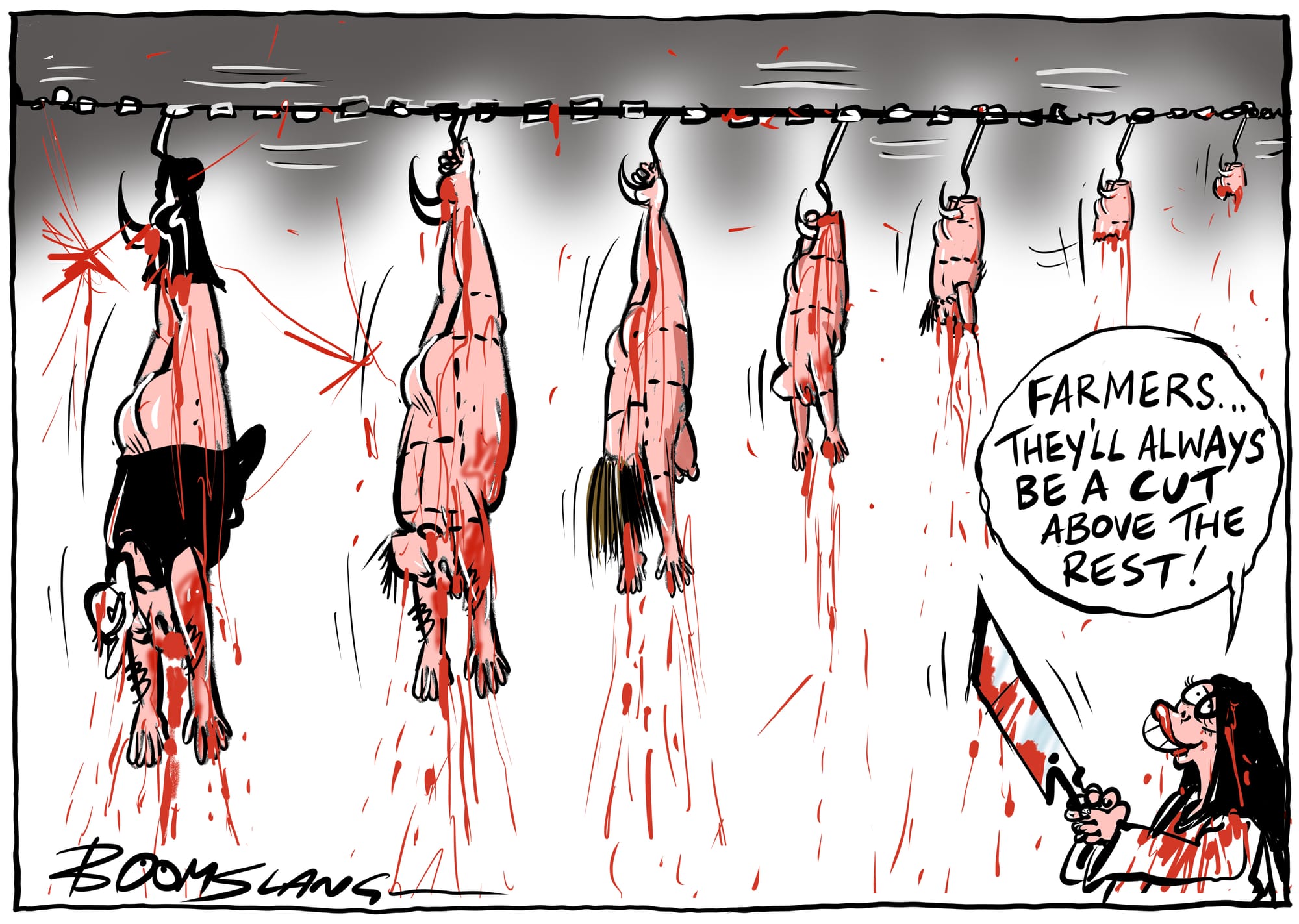Table of Contents
Information
Opinion
It is bad enough that the environmentalists talk non stop about the climate crisis without having them introduce policies to essentially destroy the rural sector. But that is what seems to be happening. And this time they’ve gone too far.
The rural sector can tolerate the rhetoric and to some extent, farmers can handle being villainised in the media. But once you take their land away or their livelihood, they will react.
This is why we are seeing a rural rebellion in the Netherlands, where the government proposed limits on nitrate emissions, which required a reduction of livestock by a third. The Dutch farmers are protesting by blocking the roads with tractors, occupying fields and bringing their livestock into the city. They even managed to expel police infiltrators from their protests. The police responded by shooting at them. The Dutch farmers have inspired similar protests in Poland, Austria and Germany.
In Sri Lanka, the debt crisis and ESGs have prompted mass demonstrations culminating in the storming of the presidential palace forcing the prime minister to announce his intention to resign.
In New Zealand, farmers were outraged when the New Zealand government started planting pine trees on good farmland in order to reduce New Zealand’s carbon emissions. This led to a march on parliament where Shane Jones, the ‘representative of the rural areas’ called his own voting base ‘rednecks’. The frustrations of our farmers with increasing regulations, “significant natural areas” and the Three Waters reform culminated in Groundswell, a movement for farmers who no longer trust the traditional rural representatives. Their slogan says it all: Enough is Enough.

We are seeing a backlash against government policies that they (government) believe are helping the rural sector, when in fact they are destroying rural livelihoods. In their panicked effort to respond to the climate hysteria, the political class have decided to make themselves the moral arbiters of the rural sector. The expert class believe because of their data and studies that their knowledge is better when compared to the practical experience of the farmers.
But the worst thing was when the political class decided to enact these policies without consultation or input from the rural community. And then attacked and demonised the farmers when they voiced their opposition. This shows the lengths they will go to to achieve their agenda.

What drives this? There are a number of factors: the biggest being the hysteria based on predictions sensationalised by the mainstream media and taken advantage of by the attention-seeking political class. There are true believers of the climate cult, but then there are the politicians (empowered by bureaucrats) who take advantage of it to get elected. And in order to get elected, these political entrepreneurs pander to their hysterical acolytes by promising radical actions. At the same time, an increasing amount of political power is being given over to unelected bureaucrats and “experts”, whose word is law. The lockdowns and Covid response showed us this. Plus, it is the academic’s disgust for the agricultural sector that drives the anti-farming laws we are seeing.
However, the rural communities are now fighting back against these policies coming into their lives. Environmentalism was good when it focused on conservation and preservation to avoid an ecological disaster, but now, with the anti-farming sentiments and climate hysteria tacitly approved by even traditional farming representatives, the farmers are reacting to this government overreach and the political class are realising that they have gone too far.









